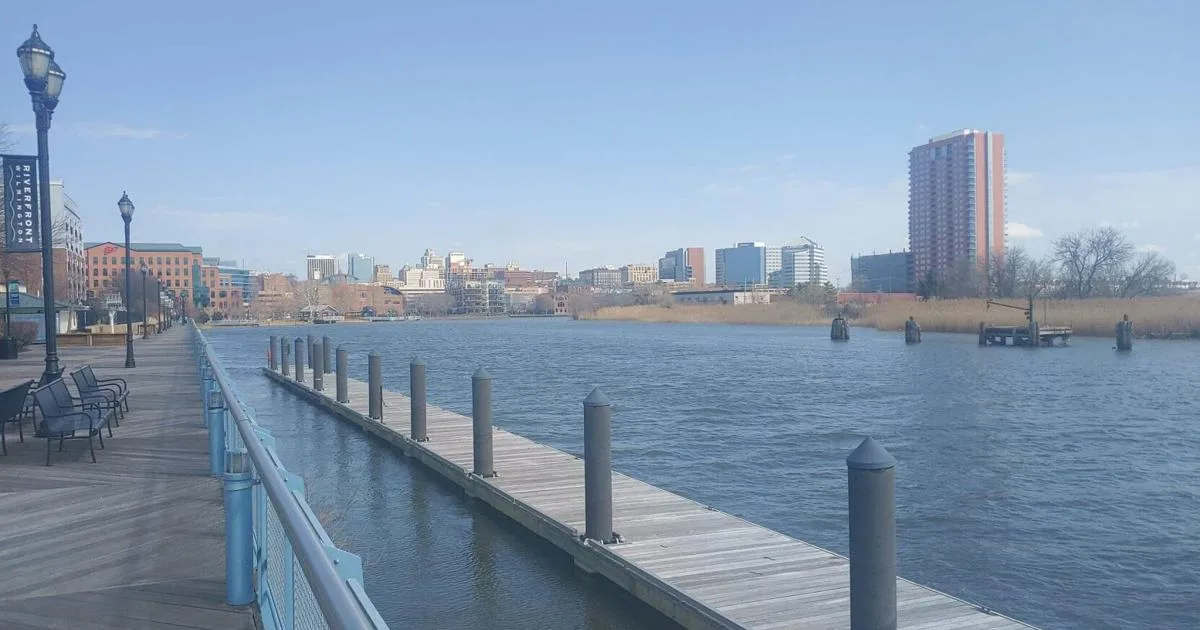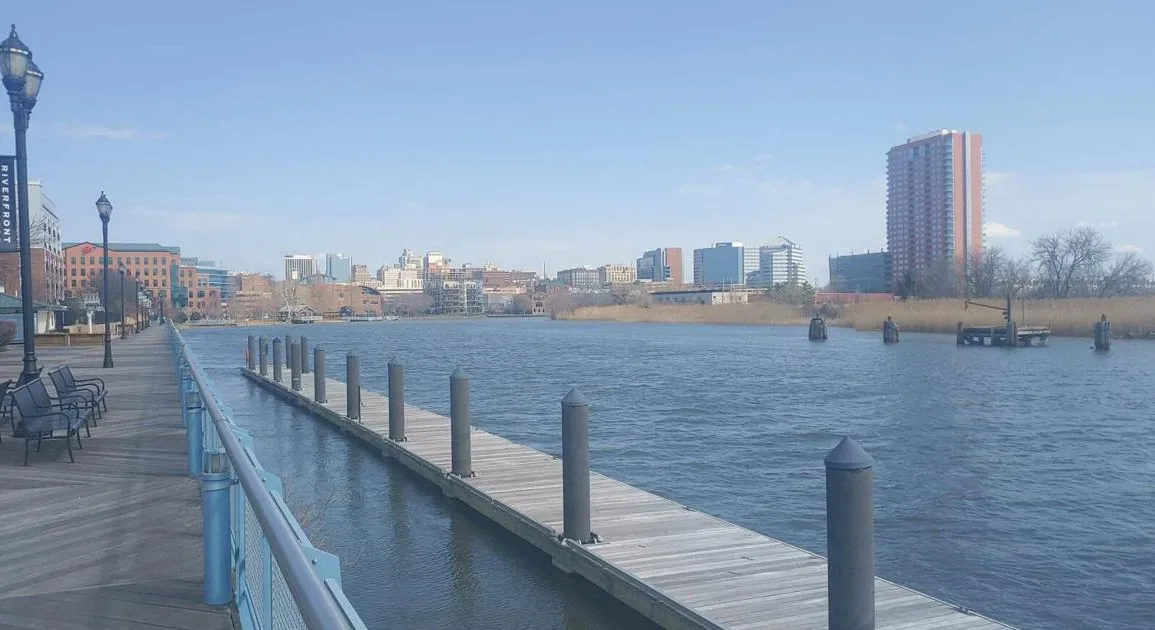
Health, economic disparity, education, and housing are just some of the topics a task force looking to make recommendations for reparations in Wilmington will consider over the next six months.
Late last year, Wilmington City Council authorized the “City Council Reparations Taskforce to Study and Develop Reparation Proposals for African Americans, with a Special Consideration for African Americans Who are Descendants of Persons Enslaved in the United States” last December, and they held two meetings this month.
Task Force Chair Coby Owens said the group will focus on finding and quantifying “pain points” where governmental decisions have impacted communities.
“Just remembering what was the physical or mental harm. Was there loss of opportunity, whether it’s jobs, education, or social benefits? Was there damages, material damages? Were communities torn apart? What is the moral damage as well as the morality behind certain policies?
The task force is focusing on a specific topic at each meeting, with Monday’s presentation on public education, or in the case of Wilmington, the lack of a city-wide school district, and no traditional public high school within the city’s border.
There was a presentation made by member Shane Cannon on how inequities in public education can be traced back to how tax money was used as early as 1829, although an in-depth discussion on current issues was deferred without a member of the Wilmington Learning Collaborative present.
WLC is currently working on a way to improve education for K-8 students, although Owens did mention that attention needs to be paid to those who can’t afford pre-K child care learning opportunities.
Going forward, the Reparations Committee is planning to meet every other Monday, with August 14’s meeting centered on economic disparity, with health to follow on August 28.
Former Wilmington Mayor Jim Baker has been consulting with Wilmington City Council, and was available to help the task force Monday night.
He said the task force’s goal should be beyond direct dollars and cents in helping out communities.
“A lot of people think reparations is just how much money can we get out of the federal government for a check that says ‘this is what we apologize for all of the centuries, and we’re going to give you a check for it.’ That’s never going to happen, but here locally we can make changes here and make recommendations that could impact.”
Task force member Dwight L. Davis agreed with Baker.
“Reparations, to me, is the restoration of those particular sacred and historical institutions that the City of Wilmington once had. I don’t look upon reparations as getting a big check.”
Davis said there is one area of the city that would be a nice start.
“The city should make every effort to make the Port of Wilmington, and the jobs, return to the City of Wilmington for our oversight.”
The Reparations Task Force plans to end its research by the end of September, with the plan of issuing an initial draft of recommendations by the end of October.
At that point, there would be a period for community input through the rest of the year, before delivering the final recommendations to City Council by January 4, 2024.
Cities and counties in several states have started task forces on reparations, with one in California recently issuing over 100 recommendations, saying the state owed Black residents over $800 billion for decades of discriminatory policies.
Information from the Associated Press was used in this report.



